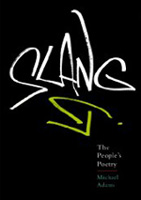Monopsony
It isn't often that I encounter an English word that I don't know other than names of chemical compounds, but I recently learned a new word for something not all that obscure. In a context in which I expected the word monopoly, I encountered monopsony. At first I thought it was a mistake, but it recurred. It turns out that economists distinguish between monopolies and monopsonies. When there is a single source for a product, that is a monopoly, but when there is only a single buyer for a product, that is a monopsony. Who knew?
The classic example of a monopsony is what I have hitherto known as the Chinese salt monopoly. Throughout most of Chinese history, anybody could produce salt, but they had to sell it to the government, which then sold it to consumers. This is why the classic work of Chinese economics, the proceedings of a conference held in 81 BCE with appended commentary, is entitled 塩鉄論 Discourses on Salt and Iron.

